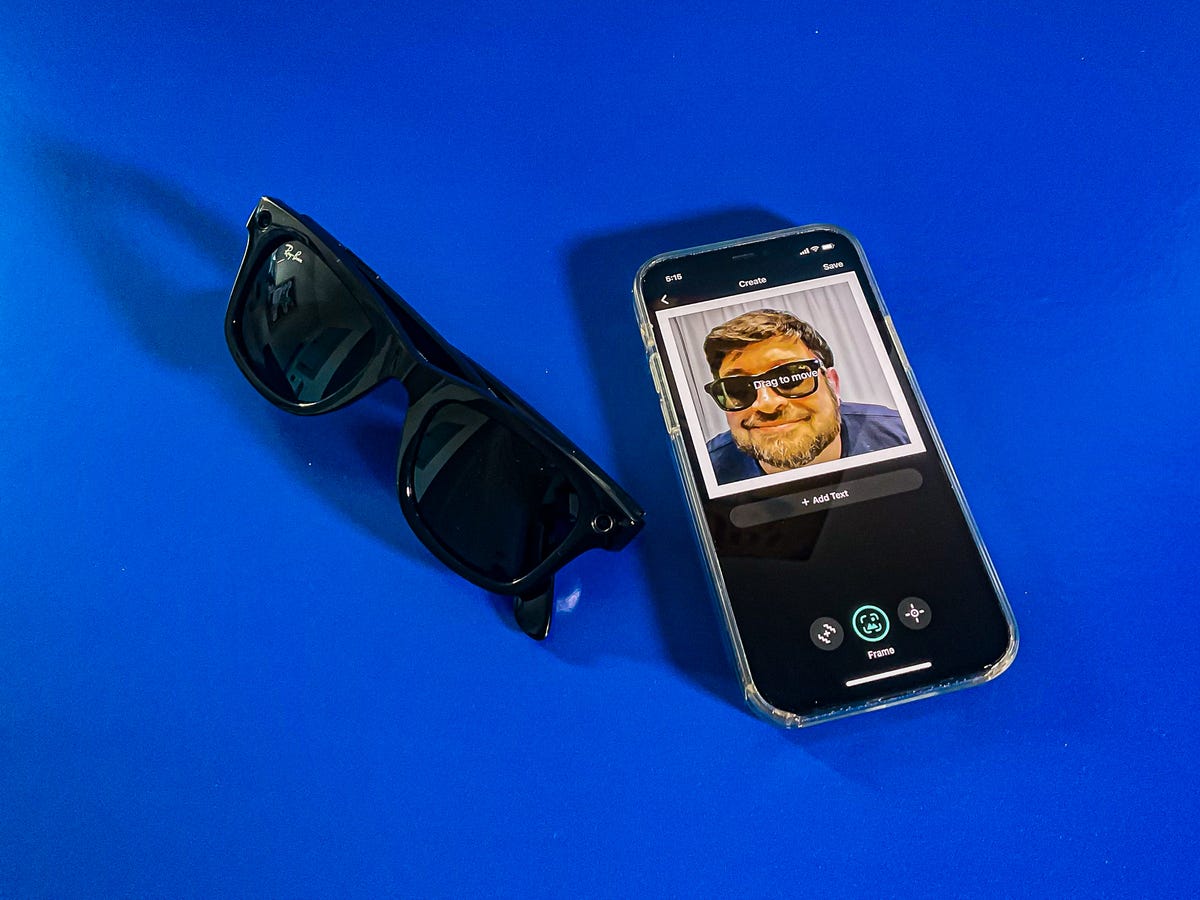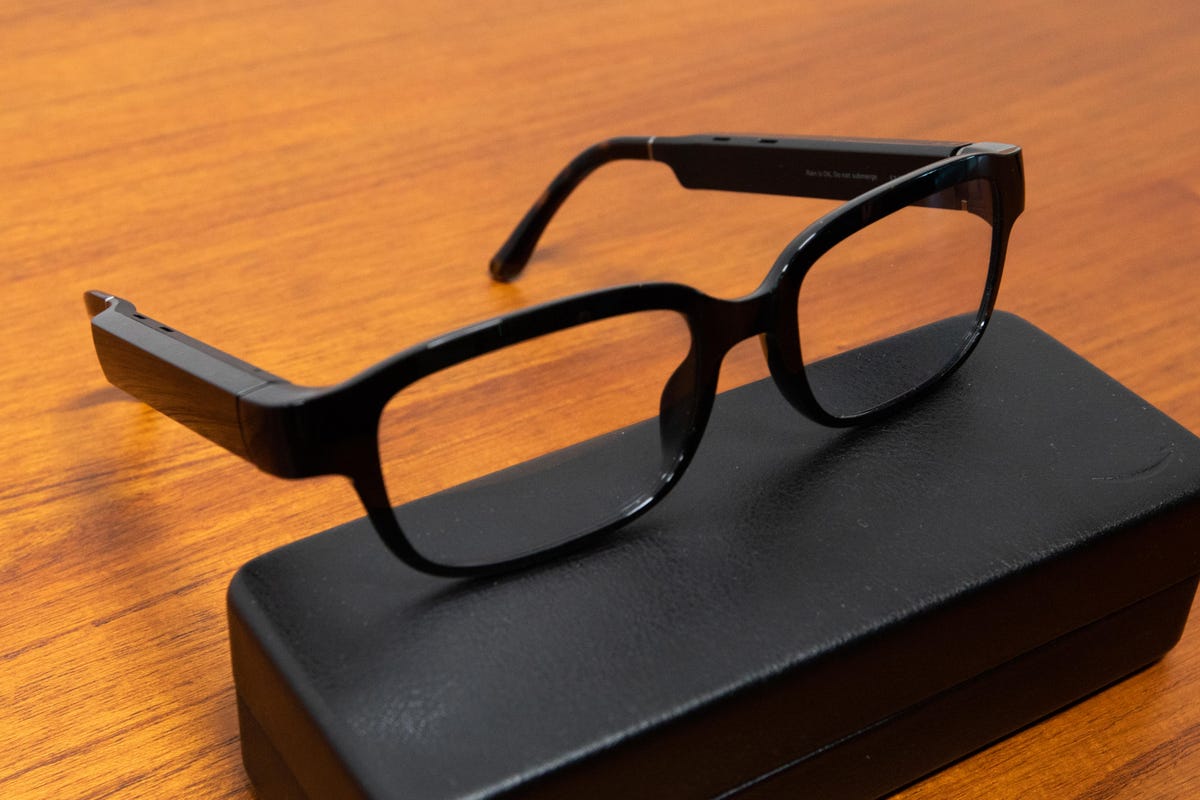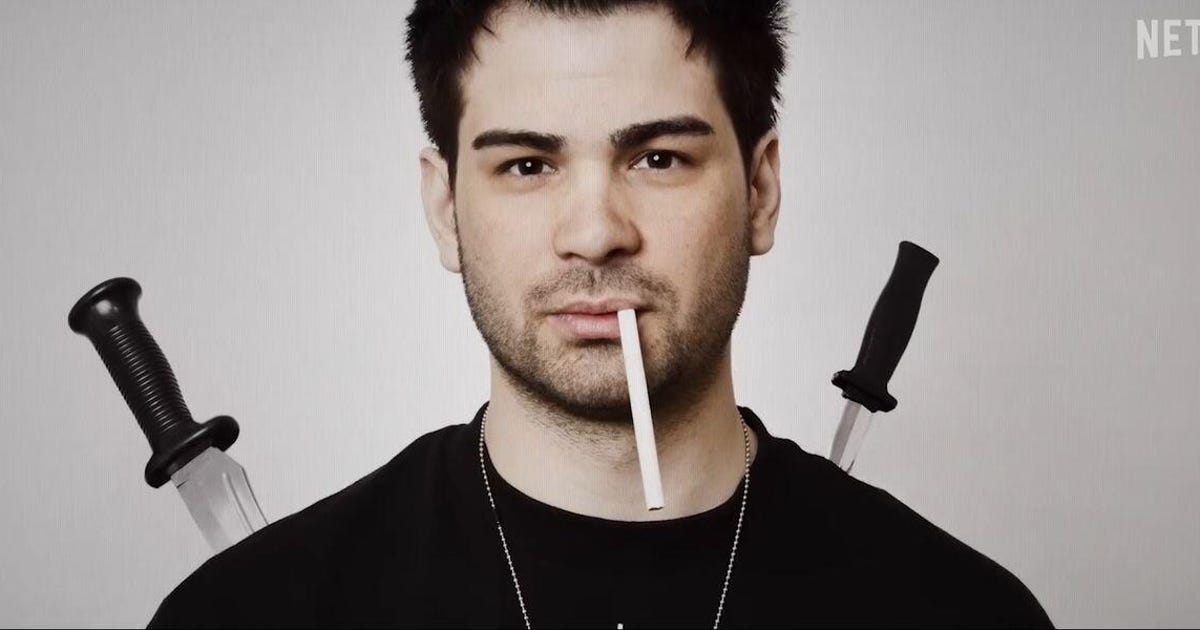
Can Facebook be broken up? What you need to know
Facebook CEO Mark Zuckerberg wields so much power that even one of the social network's co-founders thinks it's both "unprecedented" and "un-American."
Chris Hughes, who co-founded Facebook with Zuckerberg while they were students at Harvard, called for the social network to be broken up in an op-ed published Thursday by The New York Times. "I'm angry that his focus on growth led him to sacrifice security and civility for clicks," Hughes wrote, referring to Facebook's boss and major shareholder. "I'm disappointed in myself and the early Facebook team for not thinking more about how the News Feed algorithm could change our culture, influence elections and empower nationalist leaders."
Facebook's rapid growth has been fueled by acquisitions, including Instagram and WhatsApp, a messaging service. Critics and experts say Facebook simply purchased its competition, rather than innovating to meet the challenges they posed.
"Their whole business model is to identify potential threats and then buy them or beat them in some way," said Stephen Diamond, an associate professor of law at Santa Clara University School of Law.
And Facebook has been called out for not doing enough to combat election meddling, misinformation and hate speech. Its enormous power, critics argue, needs to be kept in check. Facebook doesn't want to spin off Instagram and WhatsApp.
Here's what you need to know:
Who wants Facebook broken up? Why?
Calls to break up Facebook aren't new. But it is startling to hear one of the company's co-founders call for such an extreme measure. Hughes argues that Zuckerberg holds so much power that even the company's board of directors can't keep him accountable. Zuckerberg controls around 60 percent of Facebook's voting shares, which means the board technically can't fire him even if he messes up.
Hughes isn't alone. Advocacy groups, including the Electronic Privacy Information Center, Color of Change and Common Sense Media, have previously asked the Federal Trade Commission, the agency that enforces antitrust law, to make Instagram and WhatsApp separate companies. A split would also make it easier for other social media companies to compete with Facebook, the organizations argue.
In addition, a group called Freedom from Facebook has called on the FTC to force Facebook to spin off its Messenger service too.
Sen. Elizabeth Warren, a Democrat from Massachusetts who's also a presidential candidate, is among the lawmakers who want to break up Facebook, as well as other tech giants, including Google and Amazon.
How would Facebook be broken up?
One way to break up Facebook would be for the federal government to file a lawsuit against the company, arguing it stifles competition. That could prompt a negotiation between the parties that could lead to Facebook agreeing to make itself smaller.
Another alternative would be for Congress to pass a law covering tech monopolies. Warren has proposed such a law, which would require tech platforms that take in $25 billion or more in sales to "structurally separate" their products. Amazon, for example, would have to spin off its house brand Amazon Basics. Warren said that if she won the presidential election her administration would also appoint regulators to unwind the mergers of Instagram and WhatsApp from Facebook.
What does Facebook think about the idea?
Facebook has pushed back, arguing that breaking up the company wouldn't hold the social network more accountable for its actions. Instead, Facebook has called for more internet regulation around harmful content, election integrity, privacy and data portability.
"Accountability of tech companies can only be achieved through the painstaking introduction of new rules for the internet," Nick Clegg, Facebook's vice president of global affairs and communications, said in a statement Thursday. The social network also said that having Instagram and WhatsApp under Facebook helps them fight spam, election meddling and crime. Facebook says it has plenty of competition, pointing to YouTube, Snapchat, iMessage and WeChat, among others.
Clegg touched on all those points in a Saturday editorial in The New York Times.
Have tech companies been broken up in the past?
Yes, but it's unusual. In 1974, the US Department of Justice filed an antitrust lawsuit against AT&T but the matter wasn't settled until eight years later. The telephone company was required to spin off two-thirds of its assets into separate companies, according to a 1982 article from The Washington Post. The government has also tried to break up Microsoft and in 2000 a US federal judge ordered that the tech giant split into two companies. Microsoft appealed and the decision was reversed.
What would this mean for users of Facebook?
Facebook is trying to integrate its messaging services so users of Facebook, Instagram and WhatsApp can send messages to one another without switching apps. Splitting up the companies might prevent that from happening.
Those who want the government to break Facebook up argue the move would fuel more competition among social media companies, which could mean more options for consumers. About 2.7 billion people use Facebook, Instagram, WhatsApp or Messenger every month.
Diamond said that breaking up Facebook could also lead to the company stepping up its privacy efforts to match its social media competitors.
What are the chances this happens?
The FTC declined to comment on whether it's looking to break up Facebook. But if history is any indication, it would be a rare move.
"I doubt there is sufficient political momentum to break up Facebook," Diamond said. "I'm skeptical, even though I think there might be good reasons to do it."
Originally published May 10, 5:40 a.m. PT.
Update, May 11: Adds mention of Facebook VP Nick Clegg's Saturday editorial in the Times.
Source








